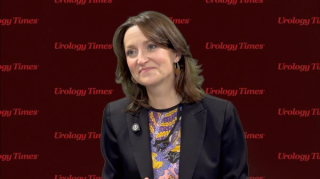
Bladder Cancer
Latest News
Latest Videos

CME Content
More News

Shreyas S. Joshi, MD, MPH, discusses some of the key considerations for new agents entering the treatment landscape for BCG-unresponsive NMIBC.

A comprehensive guide to the key regulatory decisions and conferences slated for the last few months of the year.

Apolo also discusses the potential role of ctDNA in the bladder cancer space.

Take a look through the key trials investigating BCG/ICI combinations in BCG-naïve NMIBC.

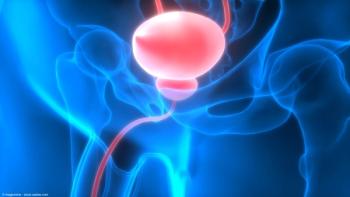
Several experts share their thoughts on the impact of the gemcitabine intravesical system for BCG-unresponsive NMIBC.
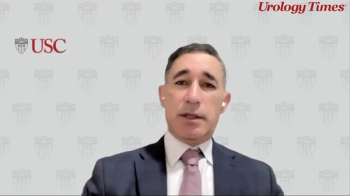
Sia Daneshmand, MD, discusses evolving care strategies after enfortumab vedotin plus pembrolizumab in bladder cancer.
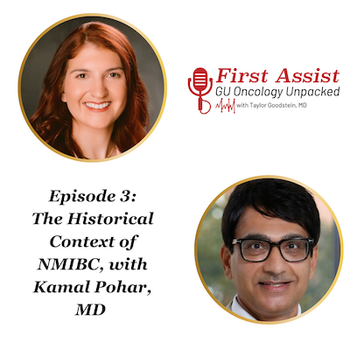
Among the topics covered are BCG dosing and maintenance regimens.

John P. Sfakianos, MD, discusses the significance of urine-based biomarkers for intermediate-risk patients and outlines key findings from the STRATA study.

Tom Jayram, MD, discusses rationale for selective FGFR3 inhibition in bladder cancer as well as what’s needed to bring this treatment modality into routine clinical practice.

Apolo emphasized the value of having robust monotherapy data before advancing into combination strategies.

William C. Huang, MD, discusses data on mitomycin for intravesical solution from the pivotal ENVISION trial and the OPTIMA II study.
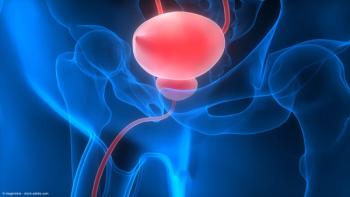
The NDA is supported by data from a phase 3 trial, which demonstrated a 75% complete response rate at 3 months.

Siamak Daneshmand, MD, shares his thoughts on the impact of the gemcitabine releasing system for clinical practice.

Data from the SunRISe-1 trial showed a complete response rate of 82%, with 51% of patients remaining in complete response for at least 1 year.

William C. Huang, MD, highlights data from a long-term extension study of the OPTIMA II trial.
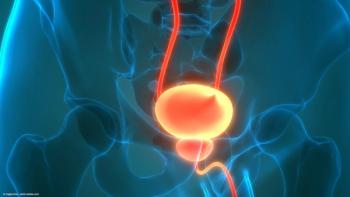
At the time of data report, the median progression-free survival and duration of response had not been reached in either cohort.
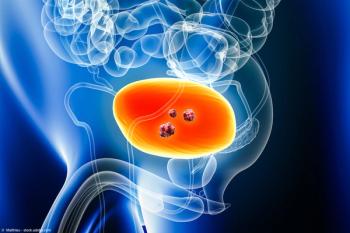
CG Oncology plans to initiate a BLA submission with the FDA in Q4 of 2025.
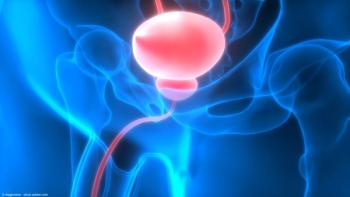
The LEGEND trial is evaluating detalimogene voraplasmid in patients with high-risk non–muscle invasive bladder cancer.

Rana R. McKay, MD, FASCO, outlines findings from a study looking at the somatic, germline, and immunologic landscapes of UTUC and UCB tumors.

The trial is assessing RFS rates with cretostimogene grenadenorepvec vs surveillance following TURBT.
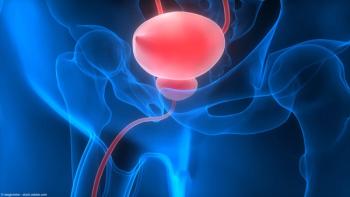
Predicine has submitted the first module of a PMA application for their urine cfDNA NGS assay PredicineCARE.

Sandip M. Prasad, MD, MPhil, outlines 3 key takeaways from the ENVISION trial, which evaluated mitomycin for intravesical solution in patients with LG-IR-NMIBC.

Rian J. Dickstein, MD, provides an overview of detalimogene voraplasmid, currently being evaluated for the treatment of non–muscle invasive bladder cancer.

Sandip M. Prasad, MD, MPhil, discusses the safety profile for mitomycin for intravesical solution based on data from the ENVISION trial.








